|
Well, once again, we are officially in the throes of the holiday season. With Thanksgiving out of the way, here comes the annual onslaught of Christmas-themed decorations, commercials, movies, television holiday-specials, and best (or worst) of all—Christmas music. Earlier last week, I somehow I managed to hear a sneak preview of the “audio yuletide Armageddon.” I became engrossed with the holiday classic, “Home for the Holidays.” This particular version wasn’t the Perry Como original, rather it was the peppy rendition as sung by the Carpenters. Hey, don’t ask me how I found myself in this predicament—It certainly wasn’t a rainy day, or a Monday for that matter, but at the particular moment I did find myself haplessly “hangin’ around” with “nothin’ to do but frown.” That is, until I got this magical little pick me up in my system! Suffice it to say, the song ended up inspiring me to choose this week’s story subject. The lyrics written by Al Stillman in the early 1950’s still reign true: “Oh, there's no place like home for the holidays, 'Cause no matter how far away you roam, When you pine for the sunshine of a friendly gaze, For the holidays, you can't beat home, sweet home.” Frederick, Maryland has been my home now for this, my 44th holiday season. I had spent seven previous years in Delaware and Virginia, but Frederick has served for my true, “sweet home” for the vast majority of my existence. Especially poignant in my 50-year-old mind is the Frederick of my early youth, and the family-based holidays spent in our rural, Indian Springs/Yellow Springs area home and neighborhood. I grew up here in the 1970’s and 1980’s. I’m sure this same sentimentality reverberates in the hearts of many of my childhood friends—those who stayed local, and those who moved away such as my brothers residing in Orlando, Florida and Brooklyn, New York respectively. Whether it’s Clover Hill, Tulip Hill, Linden Hills, Downtown Frederick, or Monocacy Village, “Home for the Holidays” could have the same meeting for residents, or former residents. The municipality has continued growing larger and larger with passing decades—more memories for more people I guess. It got me really thinking about different places in and around town: “What is the quintessential Frederick neighborhood?” What would catch the eye of Norman Rockwell? That’s right, the famed illustrator and artist whose name is synonymous with not only the holidays, but more so, American culture, much of which has faded over the decades as Frederick (and the country) has grown larger. From the “Roaring Twenties” to the turbulent Sixties, people throughout the country eagerly anticipated the Christmas season and Rockwell’s festive images, originally appearing on the covers and pages of their favorite magazines, and on holiday cards that brought the spirit of the holidays home. Often criticized by art purists, he possessed a special talent “of appealing to viewer’s nostalgia for home, bygone times and a sense of universal good cheer and benevolence.” The artist once remarked: “I showed the America I knew and observed to others who might not have noticed.”
Elihu H. Rockwell For a brief genealogy lesson, and sketch of the life of Elihu Rockwell, I submit the following eulogy given by Rev. Irwin P. McCurdy, pastor of Frederick’s Presbyterian Church. This took place during Rockwell’s funeral service held November 27th, 1883 at the (Presbyterian)church’s location on W. 2nd Street. Elihu Hall Rockwell was born on the 15th day of July, 1790, and consequently at his death he was in his 94th year. He was a native of Middletown, Connecticut, where his great-grandfather Joseph Rockwell, had settled in 1692, which was nearly two centuries ago, and exactly two centuries after the discovery of America by Columbus. Mr. Rockwell belongs to a respectable and illustrious line of ancestors. His great-grandfather who settled in the town where our deceased brother was born, was a grandson of Deacon William Rockwell, who came to this country from England in the ship “Mary and John” in 1630, which was 10 years after the landing of the “Pilgrim Fathers” on Plymouth Rock from the “Mayflower.” Deacon William Rockwell was one of the principal men of the company that settled the town of Dorchester, Massachusetts. He was a native of the west of England, and of good family and of good estate. He belonged to that family in England, and of good family and of good estate. He belonged to that family in England which traces its origin back to Sir Ralph de Rockville, a Norman Knight, who accompanied the Empress Maude into England, when she claimed the throne of that realm. Sir Ralph de Rockville ultimately joined King Henry II, and had a grant of three Knights of land in the county of York upon which the estate the Rockwells have continued until the present day. Deacon William Rockwell, who came from England more than two and a half centuries ago, is the ancestor of all that name in America. He remained at Dorchester, Mass., until 1636, when he with the greater portion of the colonists removed to Windsor, Connecticut, taking with them their pastor who had accompanied the colony from England. Deacon Rockwell died in 1640, and subsequently, his widow married Matthew Grant, who had come over from England in the same vessel with the Rockwell family. From this union descended the Grant family of which General U. S. Grant is its most illustrious representative. Thus, the ancestors of our departed brother (Elihu Rockwell) and those of our ex-President were the same. Mr. Rockwell was educated in a classical institution in his native town, and paid special attention to mathematics, especially surveying and civil engineering. In 1814, almost seventy years ago, at the age of twenty-four, he accepted a position to teach in an academy at Mount Pleasant, in this county, to which he had been recommended by his pastor, the Rev. Mr. Huntingdon, the father of the late distinguished Bishop Huntingdon. He remained at Mount Pleasant for a few years (until 1820), after which he established an academy at Liberty, in this county, which bore a high reputation of learning, and which was continued until recently. Among his students may be mentioned many of the prominent men of the county today and several outside of it. He continued in the academy at Liberty until 1837, after which, as well as during the time in which he was teaching, he was employed as a surveyor and civil engineer in various parts of the surrounding country until a few years ago. Twenty-eight years ago he removed from Liberty to this city (Frederick in 1855), where he has had his home ever since until last Sabbath evening (Nov. 25th, 1883). God called him to his eternal home in heaven, and he has his residence today in that ‘house not made with hands, eternal in heavens’. Elihu Rockwell was a man of great accuracy and high reputation; a church officer of remarkable wisdom; a citizen who stood in the front rank. But it was the balance of his powers, the beautiful adjustment of intellectual and moral qualities with refinement of culture, and unique individuality of character, speech, and action, which constituted the general excellence of the man.” Rockwell’s body was accompanied by quite a procession to Mount Olivet Cemetery, where he would be laid to rest in Area E/Lot 16 beside his twin daughters Alice and Rachel, who both predeceased him decades before. The girls were born in August, 1838, just 13 months after Elihu Rockwell married Mrs. Rachel Wagner Wiestling of Libertytown, widow of Rev. Jacob H. Wiestling. 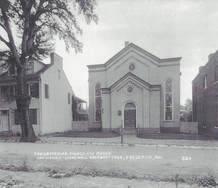 A Terrace is Born In 1854, Rockwell bought the parcel of land on the west side of N. Bentz Street, opposite W. Third Street. It was purchased for the sum of $1,600 from Dr. William Tyler. Elihu Rockwell went about building a large home directly facing east towards Third Street, in what is today the street bed of Rockwell Terrace. His place of worship, the Presbyterian Church, was only 100 yards to the southeast of his door. Rockwell was living here during the disruptive period of the American Civil War. He described the scene in a letter to Mrs. E. R. Coleman: “At the same time imagine a bloodthirsty gang of desperados drawn up in a battle array, drawing nearer and nearer, throwing their shells into the heart of the city, some bursting near us, one entering the Presbyterian Church and falling directly over the pulpit.“ Elihu Rockwell and his wife would live in this vicinity until their respective deaths—his in 1883 and Rachel’s three years later in November, 1886. The commodious house would revert to Elihu’s reclusive step-daughter Maria K. Wiestling. Wiestling would play an interesting, yet controversial, role in the legacy of Rockwell Terrace—but more on that in a minute. According to the "History of Frederick County, Maryland, Volume 1," published in 1910 by Thomas John Chew Williams and Folger McKinsey, it is said that “the wide avenue was named in memory of Elihu Hall Rockwell. Rockwell acquired the land and, after his death in 1883, the property was purchased by Frank C. Norwood, who, in 1905, laid out Rockwell Terrace.” The authors go on to note: “the street was carefully macadamized ... Norway maple shade trees planted along both sides; the grade of the streets and of the houses established ... building regulations established to guarantee uniformity of character of the houses and the stipulation that "no intoxicants of any kind are allowed ever to be sold or in any way traded in—such stipulations being made in the deeds to purchasers." As trolley lines and the advent of automobiles enabled people to move from the center of Frederick, some had relocated to this suburban development laid out and recorded in 1905 by local lawyer/former state senator turned businessman Frank C. Norwood. The area fast became the most desirable location in town and additional new neighborhoods would continue to be built under the leadership of Norwood and his West End Realty Company. In researching this further, I found that Mr. Norwood came under a great deal of scrutiny and cross examination in the Frederick County Court in October of 1901. This was nine months after the death of Elihu Rockwell’s step-daughter and sole heir, Maria Katherine Wiestling. Miss Wiestling had died an old maid at the age of 79. Some said she was crazy, others say she was simply plagued by ill health, which kept her immobilized. These latter folks said her mind was brilliant and “as sharp as a knife.” Whatever the case may be, a week-long trial was held to contest her will, with emphasis on her mind and intent. Apparently the bulk of the Rockwell fortune involving money, land and belongings was left to a cousin of the aged woman—none other than Frank C. Norwood. Norwood was also named sole executor. Tensions had escalated when it was discovered and determined that Mr. Norwood had actually written the last will and testament for Miss Wiestling, and in his own hand. Apparently, the will had undergone some new revisions, having originally been written in 1893. After numerous witnesses and experts were called to the stand, including Mr. Norwood, the jury would not reverse the intention of the will in the favor of Miss Wiestling’s family. The Presbyterian Church also lost out on a small fortune promised by Elihu Rockwell in his earlier will, contingent on the sale of his landholding opposite W. Third Street. Frank C. Norwood was not found guilty of any wrongdoing. He now went into action, soon demolishing the old Rockwell family mansion in order to open a street into his new suburban oasis on the northwest part of town. He would build 31 homes. Additional land was purchased from the German Reformed Church and Lewis Dill (namesake of another Frederick roadway). Norwood made a fortune in the process, and the door was open for future expansion in this vicinity. Newly renamed Hood College opened their spacious campus here in 1913, followed by the construction of the College Park neighborhood subdivision in the 1920’s, with such useful amenities as Baker Park and Culler Lake. 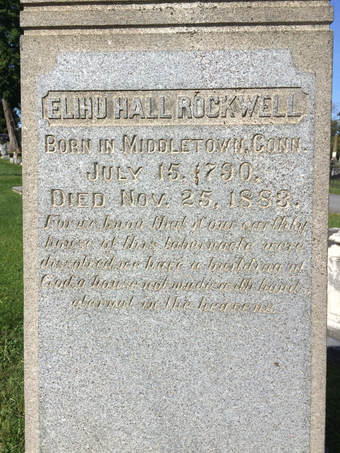 If nothing else, at least Norwood affixed the beloved schoolteacher’s name to the broad avenue that bisected his regal neighborhood. And yes, it was for Elihu, because Norman Rockwell was only a boy of 11 years old and living in New York City at the time. Thank you Elihu Hall Rockwell for being the genesis of upscale suburban living in Frederick. In 1974, ninety years after your death, my family moved from Wilmington, Delaware to Stonehouse Road, within the new northwest suburbs of Frederick City. My childhood wasn’t quite Rockwell Terrace, but it surely was “Rockwellesque.” “Oh there's no place like home for the holidays, 'Cause no matter how far away you roam, If you want to be happy in a million ways, For the holidays, You can't beat home, sweet home” Two Addendums Somewhere in the past, I had heard, or read, that Elihu Rockwell's house was not demolished, rather it was dismantled and rebuilt on the south side of Rockwell Terrace along Bentz Street's west side. I was not able to confirm this before publishing this story, but would invite comment from anyone in the know. I did however, find a news clipping from May, 1904 that mentioned that this could have been a future possibility due to the necessity to move the Shriver family cemetery that once stood in the area directly south of the Rockwell residence (along Bentz). One of the best newspaper clippings uncovered in my research of Elihu Rockwell was from 1911, and tells the story of an unwelcome "heavenly visitor" to the angelic neighborhood. A Third Addendum (added January, 2021) My research assistant, Marilyn Veek, found the following information about the Rockwell mansion. Frank Norwood sold the house in April 1904. It was bought by Charles Klipp, who according to a Frederick News article, tore it down and used the materials to build a house on West Fifth Street. The house he built is at what is now 263-265 West Fifth Street. It is a nice brick house, so maybe he rebuilt it to look very similar to the original house. Klipp had bought the lot in 1902 when the "North West Addition" was being sold off as lots. He sold the house in 1908. *Special thanks to my friend the Hon. Sandra K. Dalton, Clerk of the Frederick County Court, for providing me with a facsimile copy of Maria K. Wiestling's last will and testament
6 Comments
Jocelyn Wetzel
11/28/2017 08:59:39 pm
This gave a new perspective on Rockwell Terrace. Having lived here for 72 of my 75 years, I really enjoy these articles.
Reply
shane shanholtz
11/29/2019 06:59:41 am
great story as always thanks
Reply
11/29/2019 02:13:18 pm
I grew up, along with my siblings, on Rockwell Terr during the 1950's. My dad purchased the last remaining vacant lot & built our home that was in out family until about 5-10 years ago.
Reply
11/30/2019 10:26:03 am
My father, Willard H. Markey, and our family lived on Rockwell Terrace during the late 1930’s until the mid fifties. I was born in 1942 and spent 12 years on this beautiful street - I can still name most of the residents who lived on my block. Our family moved to Pennsylvania where we still reside, but I visit Frederick frequently and I always drive down Rockwell Terrace when I am ‘home.’ Thank you for a wonderful article!
Reply
Chris Garver
11/30/2019 05:18:40 pm
my husband ran a business Garver Sheetmetal, installing heating and cooling, and worked in almost all those homes. he was in attics and basements and ran ductwork where no one else would even try, for those homeowners. I graduated Hood in 1973. This article was very interesting, and meaningful to both of us! thank you
Reply
Nancy Bodmer
5/1/2020 09:02:43 am
Chris Haugh...you are the angel of Frederick's history. I am now volunteering at Heritage Frederick in the research department. Someone wrote us inquiring about their home they just purchased at 203 Rockwell Terrace. Googling Elihu Hall Rockwell, I found your fabulous article. Thank you so much for your dedication to Frederick's history. This is a fabulous story !!
Reply
Leave a Reply. |
STORIES
|
Archives
July 2024
June 2024
May 2024
April 2024
March 2024
February 2024
January 2024
December 2023
November 2023
September 2023
August 2023
July 2023
June 2023
May 2023
April 2023
March 2023
February 2023
January 2023
December 2022
November 2022
October 2022
September 2022
August 2022
July 2022
June 2022
May 2022
April 2022
March 2022
February 2022
January 2022
December 2021
November 2021
October 2021
September 2021
August 2021
July 2021
June 2021
May 2021
April 2021
March 2021
February 2021
January 2021
December 2020
November 2020
October 2020
September 2020
August 2020
July 2020
June 2020
May 2020
April 2020
March 2020
February 2020
January 2020
December 2019
November 2019
October 2019
September 2019
August 2019
July 2019
June 2019
May 2019
April 2019
March 2019
February 2019
January 2019
December 2018
November 2018
October 2018
September 2018
August 2018
July 2018
June 2018
May 2018
April 2018
March 2018
February 2018
January 2018
December 2017
November 2017
October 2017
September 2017
August 2017
July 2017
June 2017
May 2017
April 2017
March 2017
February 2017
January 2017
December 2016
November 2016

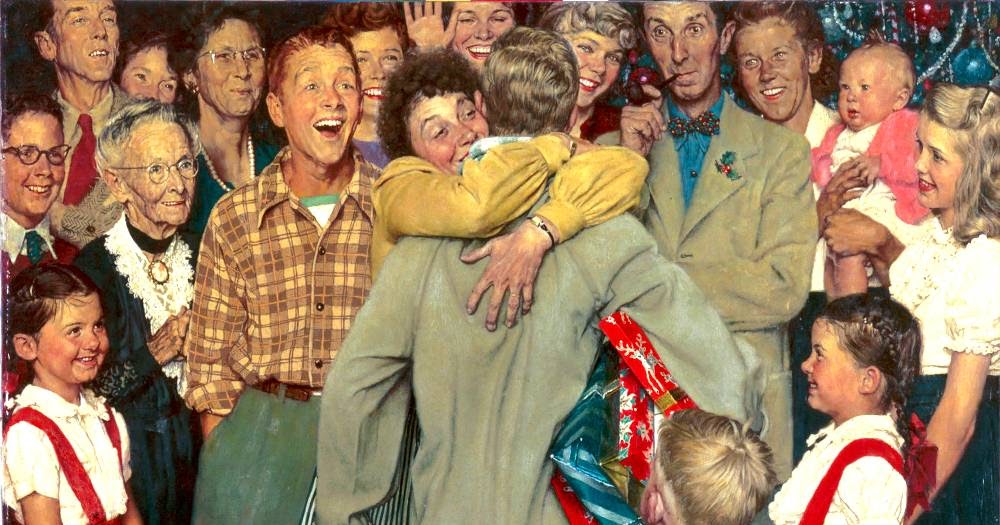
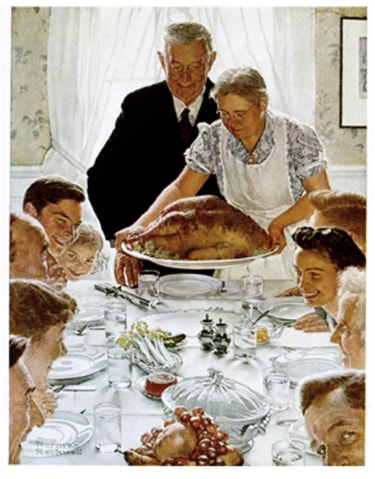
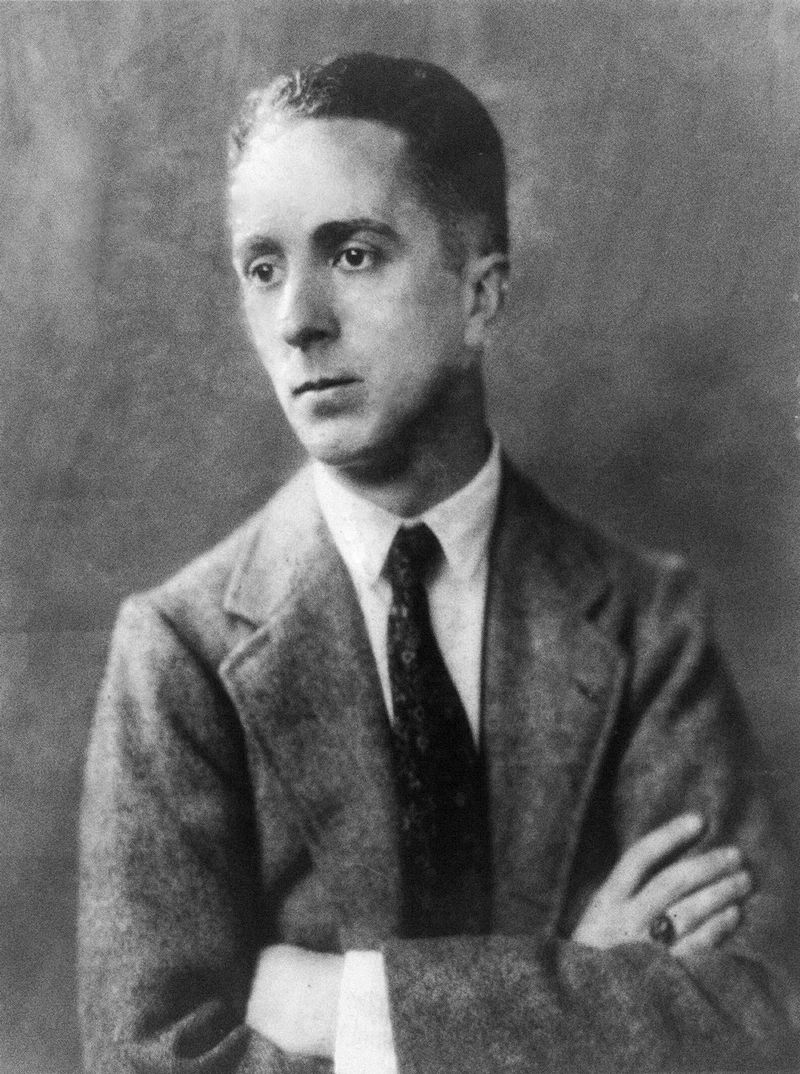
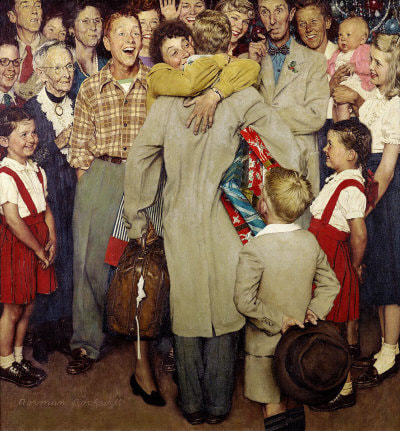
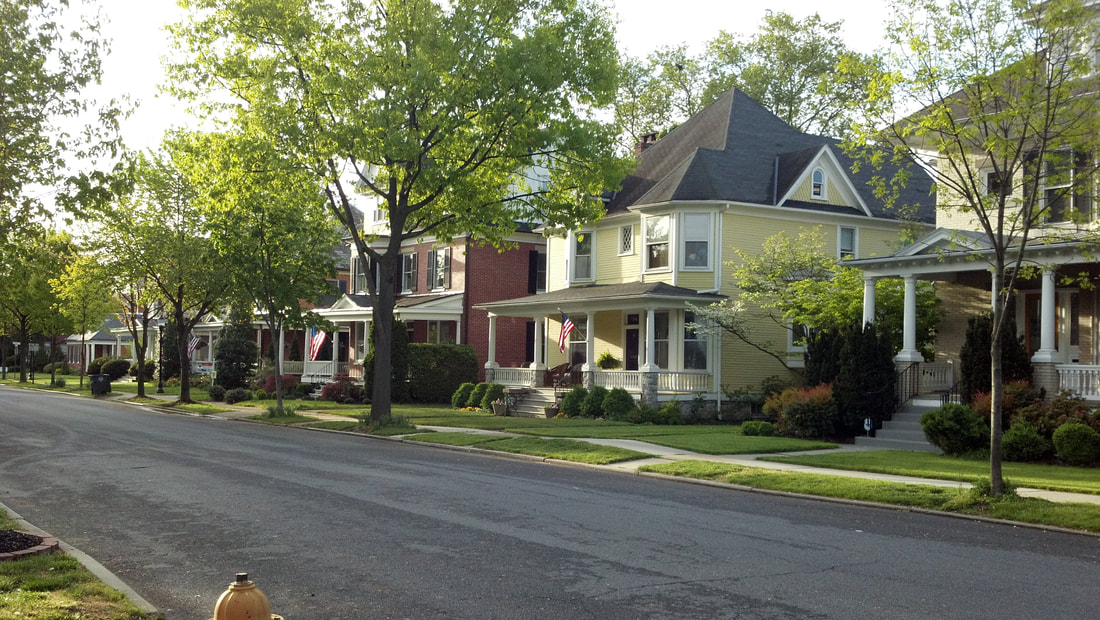
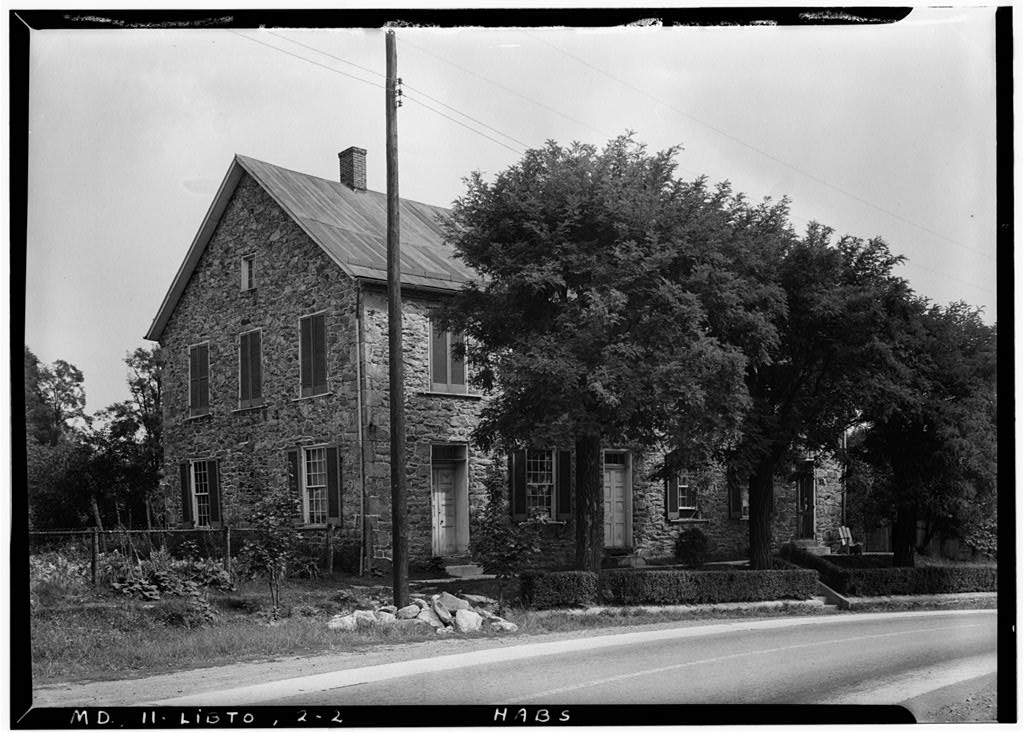
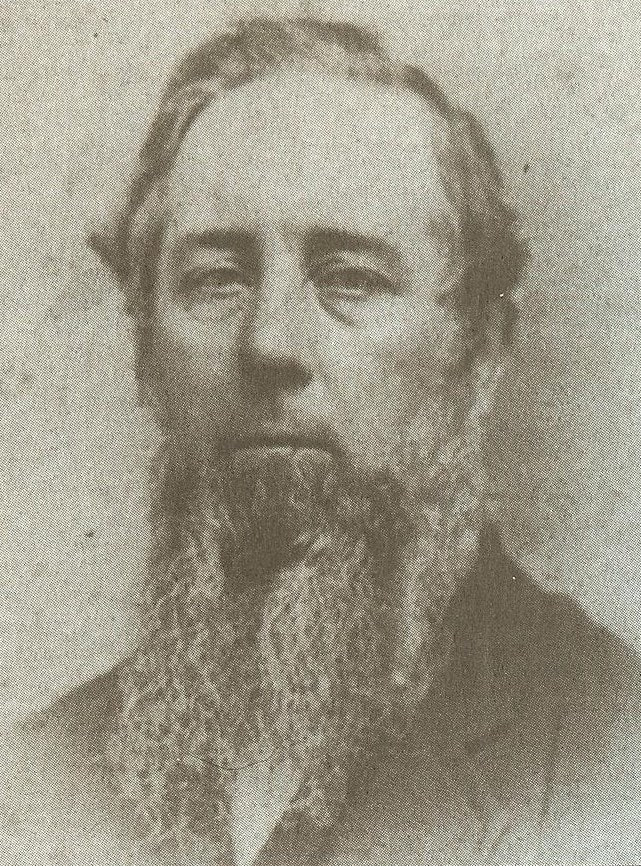
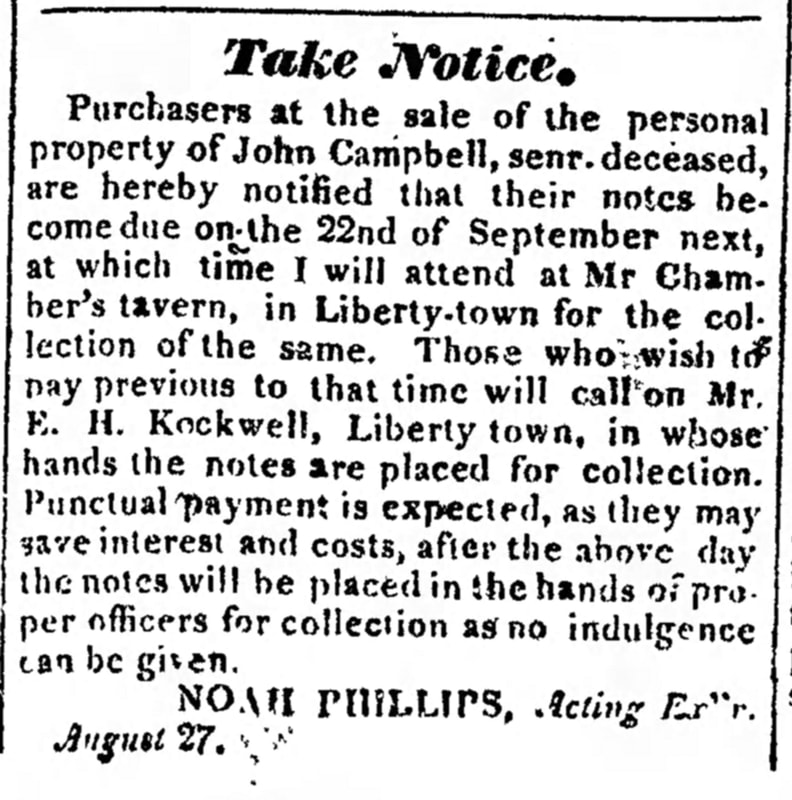
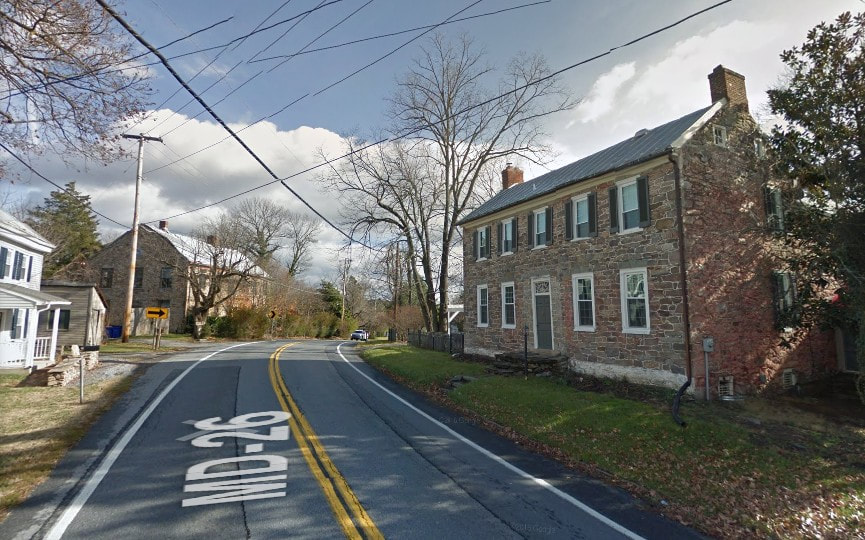
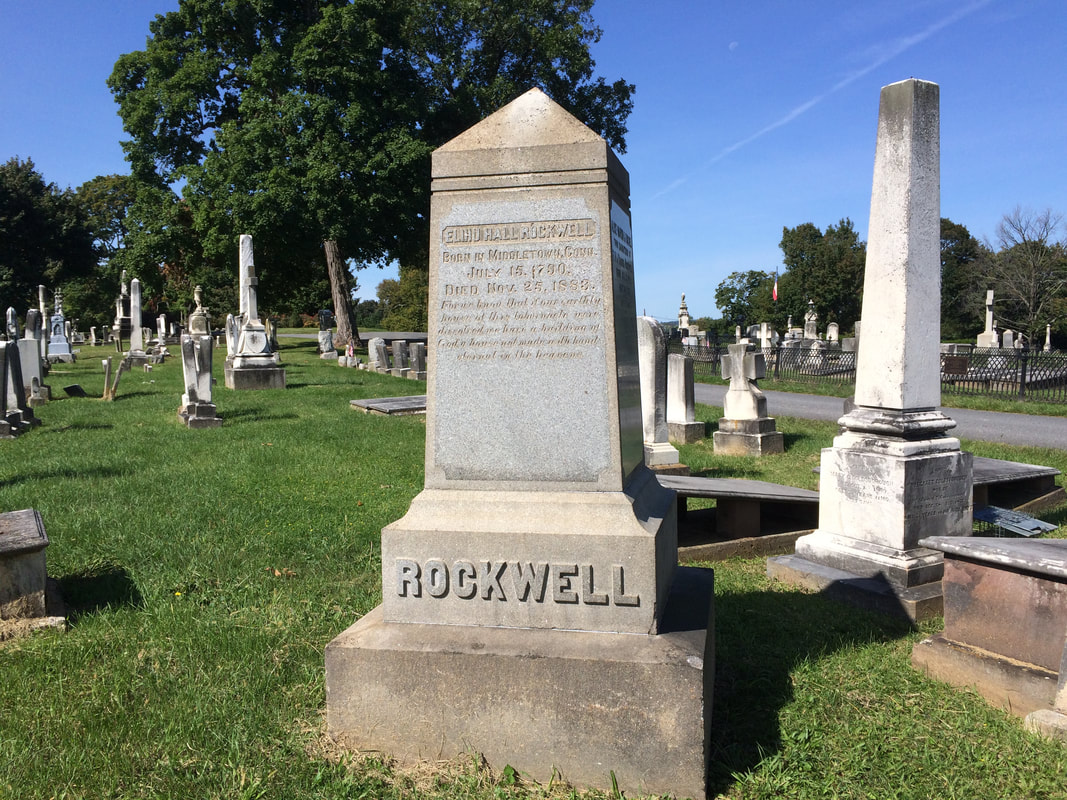
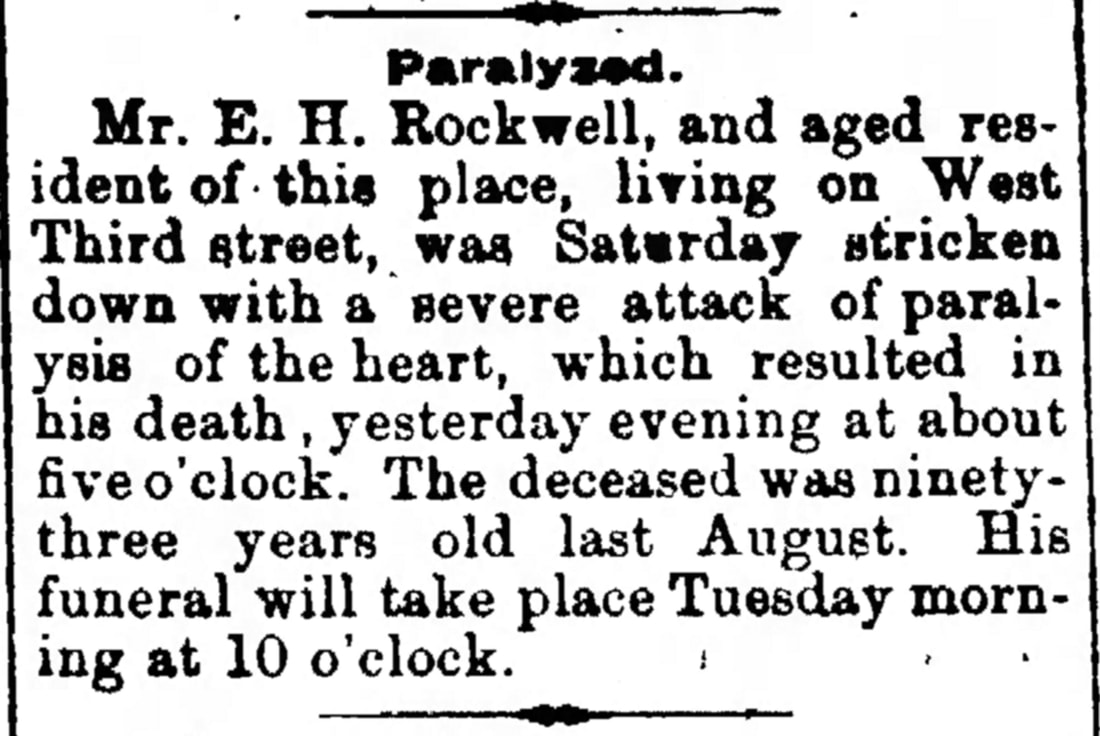
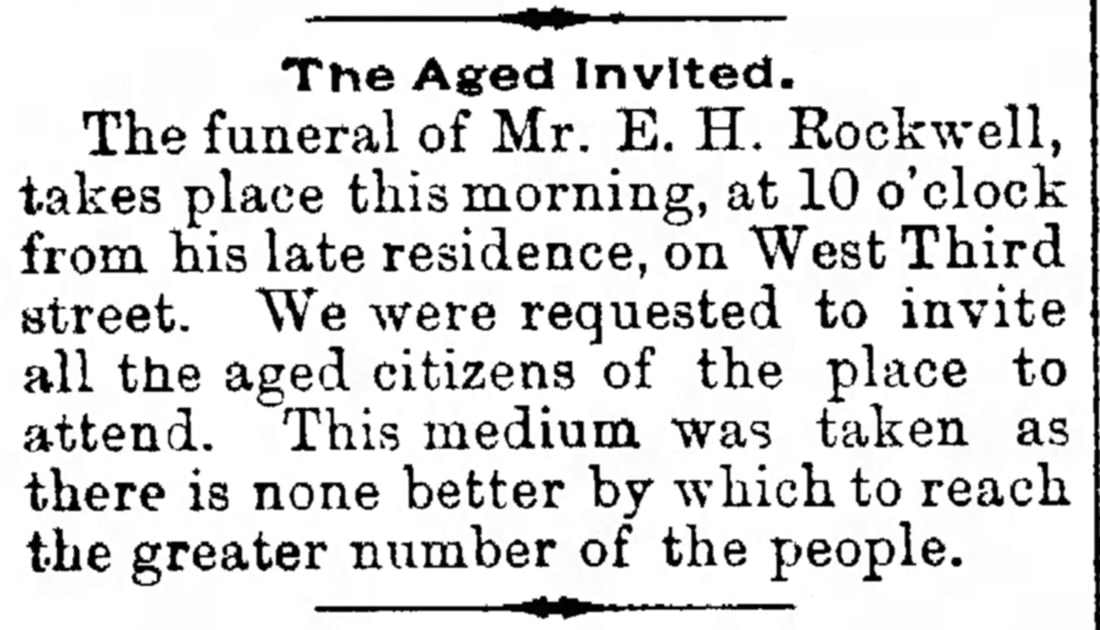

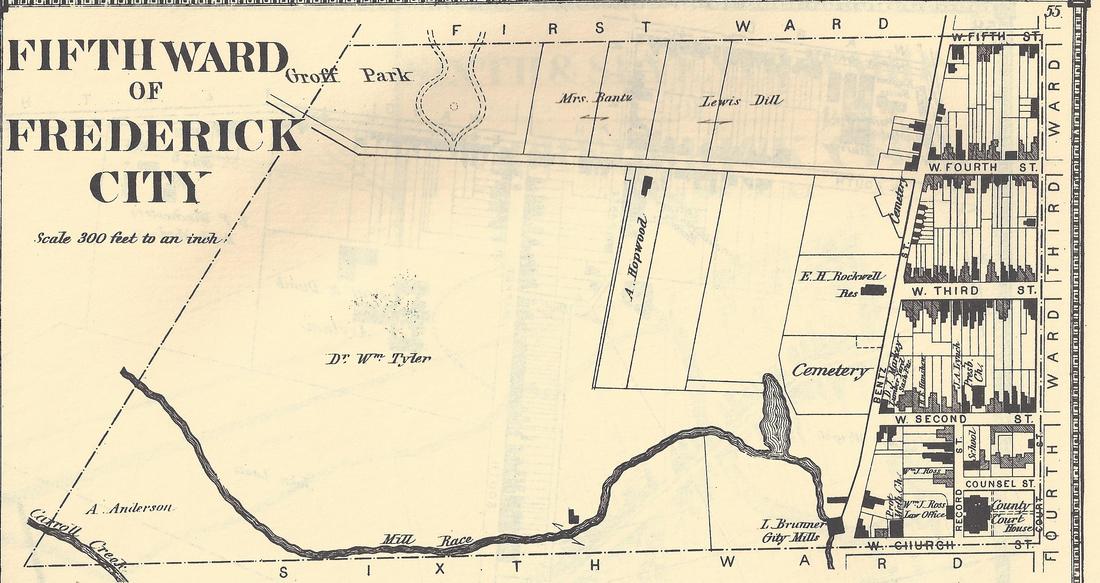
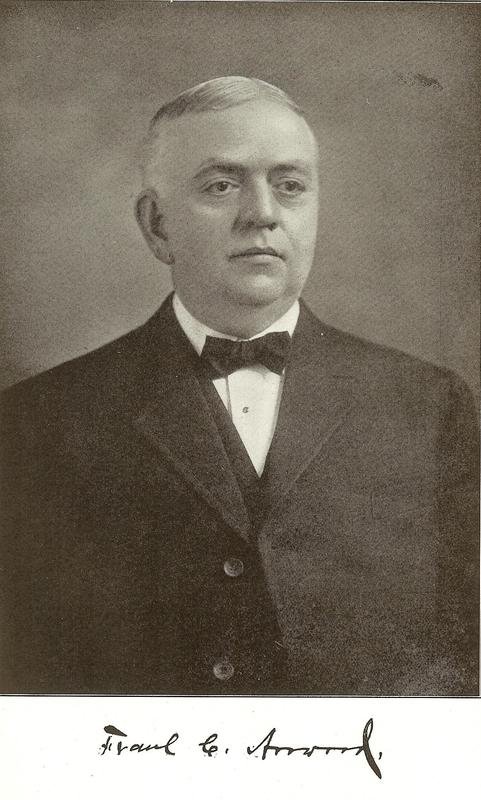
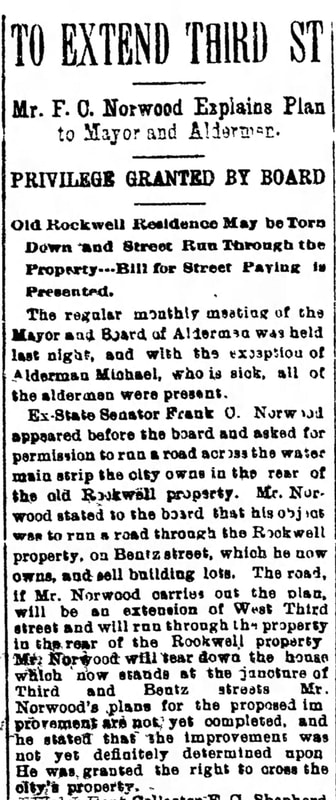
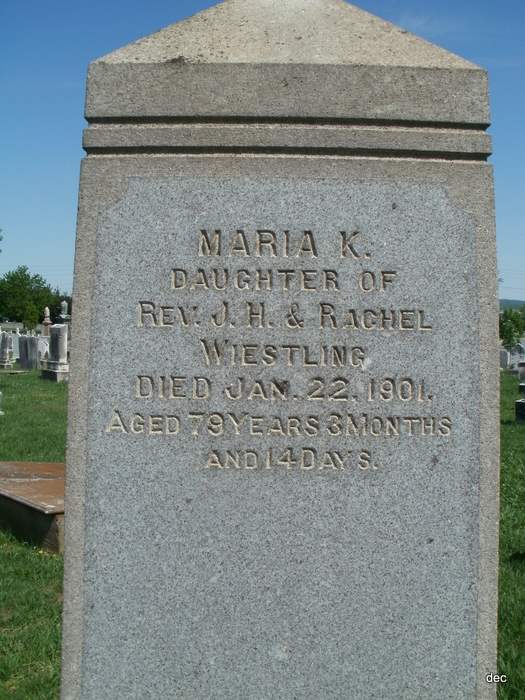
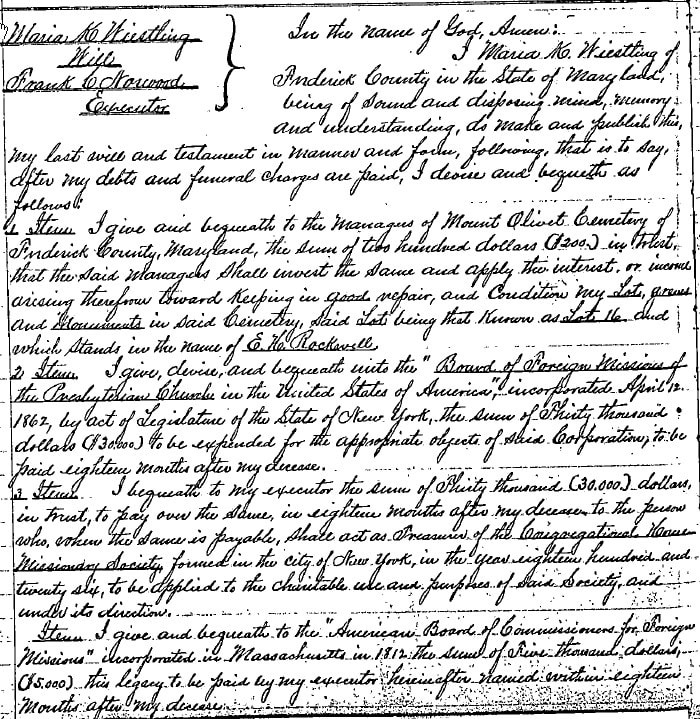
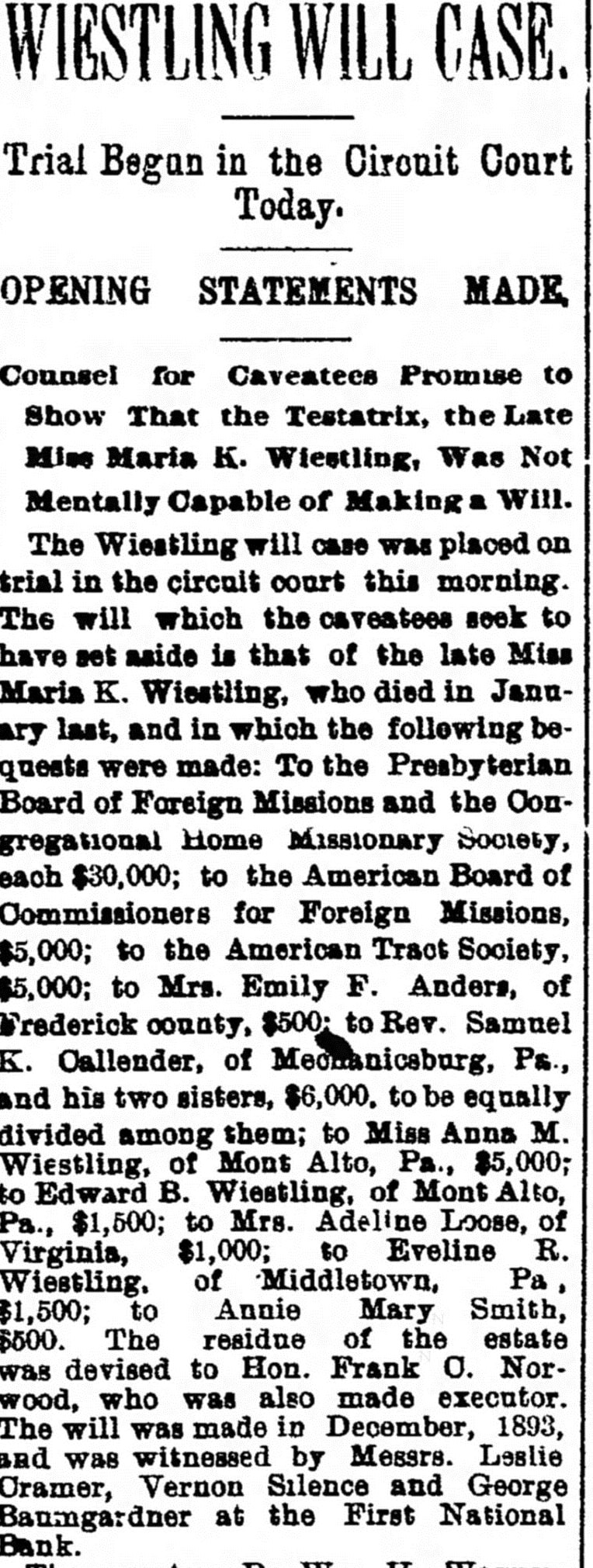
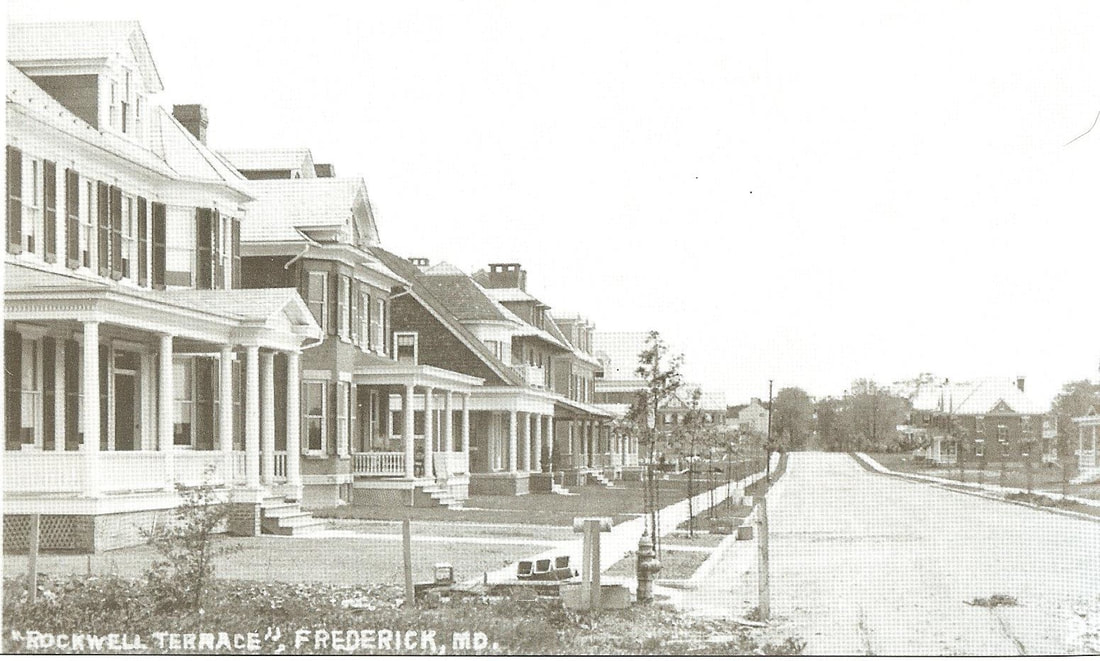
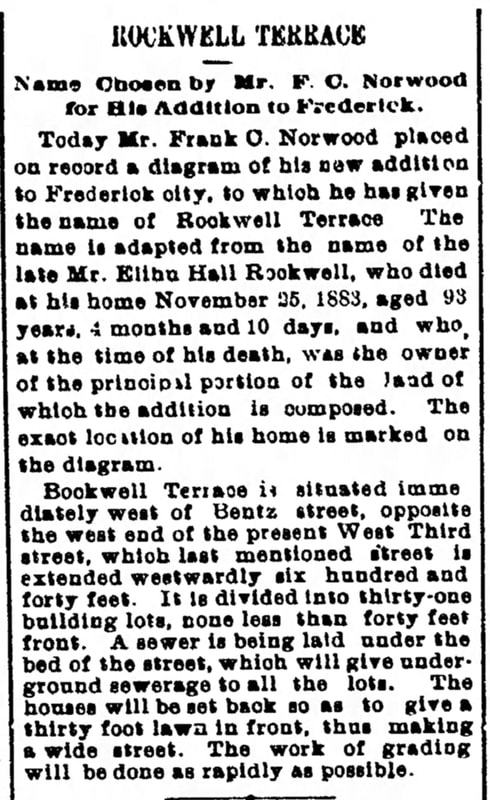
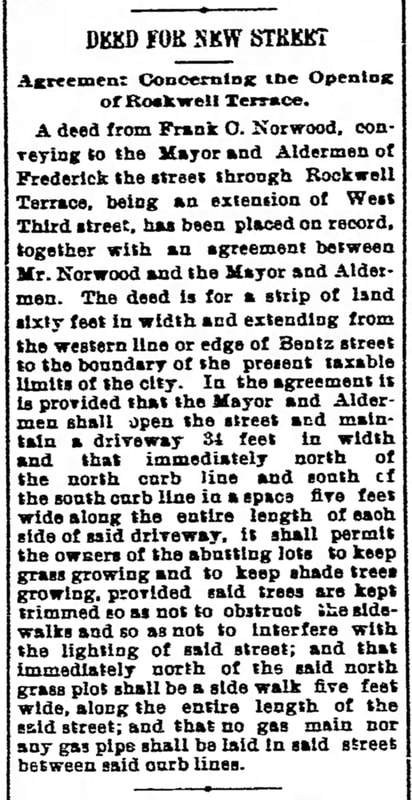
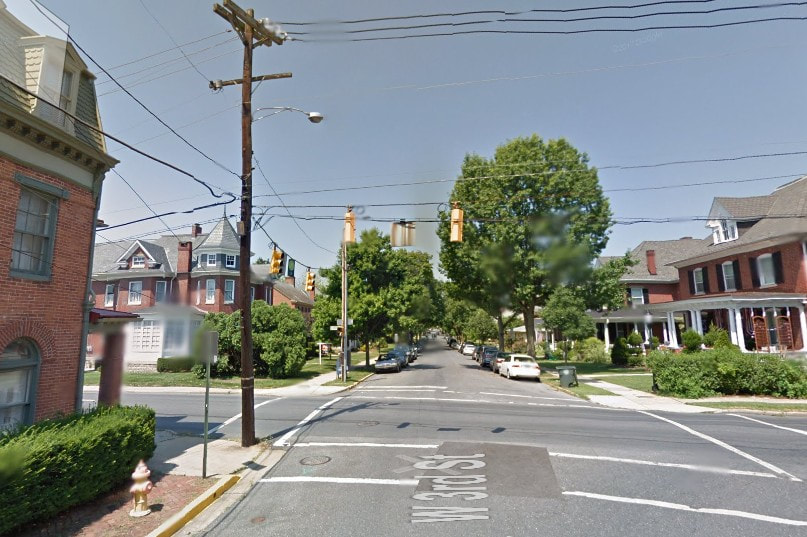
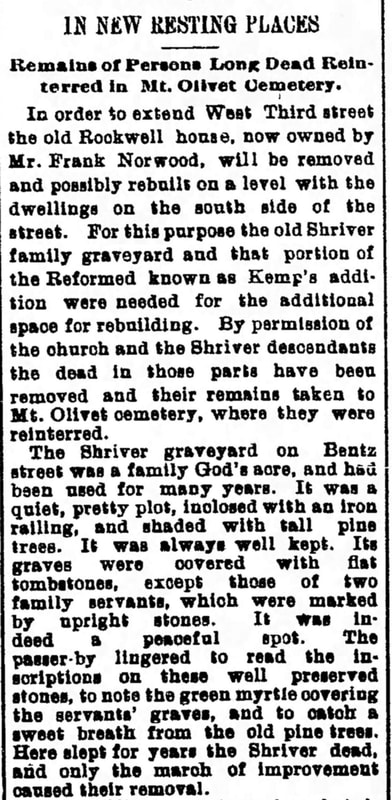
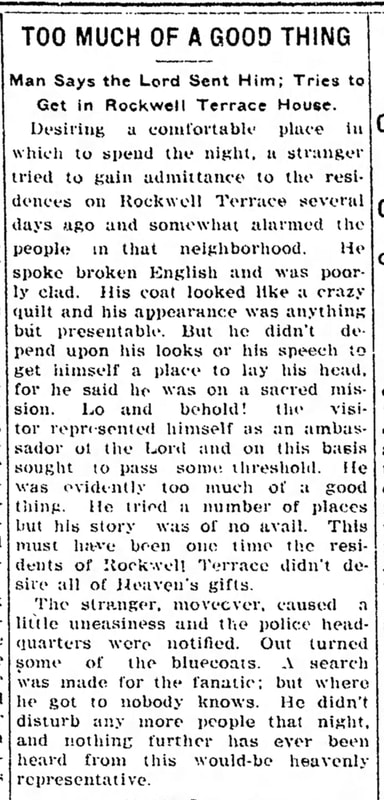
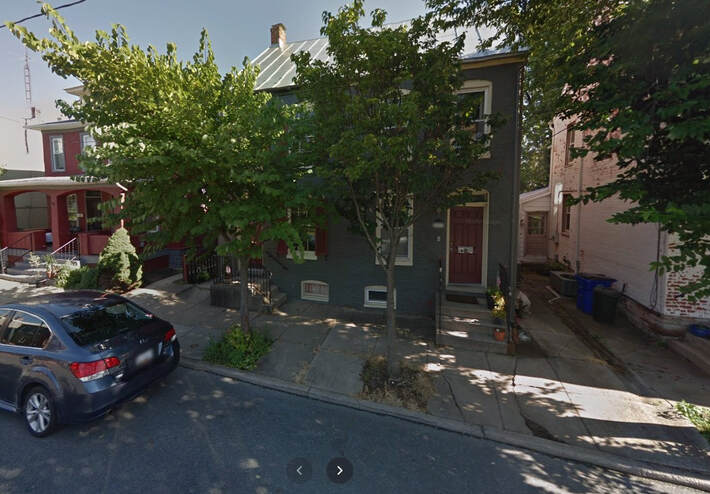
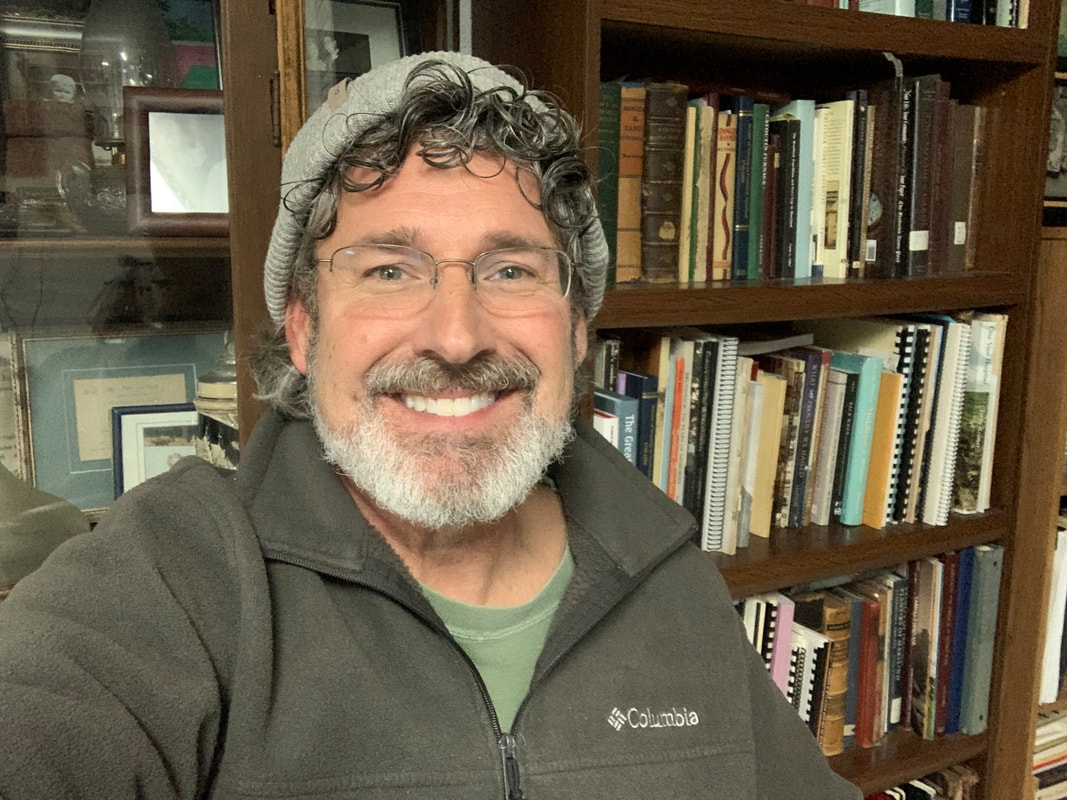
 RSS Feed
RSS Feed